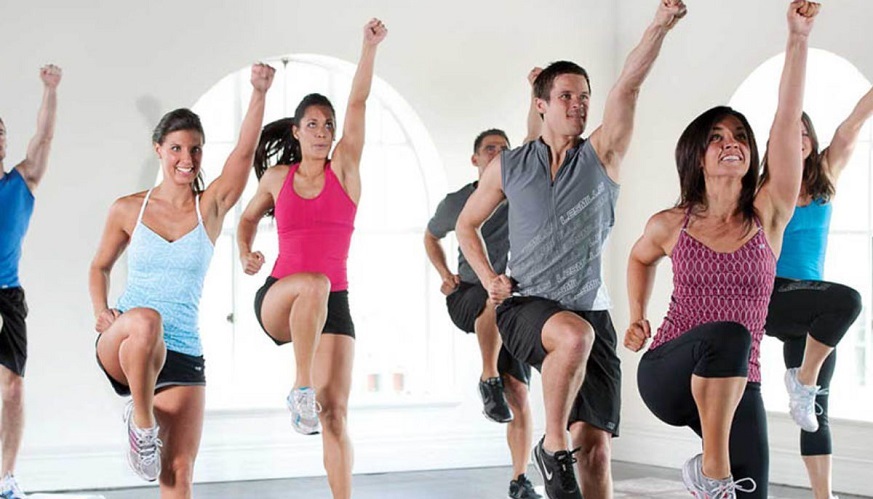
How Much Exercise Do You Really Need?
Everyone, no matter your age or gender, needs exercise. At some point, you may even realise that your fitness isn’t up to scratch and that you have to do something about it. But how much exercise do you really need? Is there a golden number or a guideline? Read on to find out.
Exercise for the Average Adult
The Department of Health and Human Services has a figure in mind when it comes to determining how much exercise you need. And that figure is 150 minutes. That is, of course, if you are doing moderate aerobic exercise. However, if you are taking part in vigorous aerobic exercises, then 75 minutes per week is enough to keep your fitness levels at a premium.
In saying that, you shouldn’t just pound the pavement for 150 minutes and call it a week. It’s important to spread that exercise out over the course of the week – even if you can only spare ten minutes here and there to work on your fitness. Some excellent options for those 150 minutes are running, dancing, swimming, walking, and even chores like lawn mowing and gardening.
Alongside aerobic activity, it’s also a good idea to squeeze in some strength training. Work on each of your major muscle groups at least twice per week. This can involve using a weight or resistance to tire out your muscles.
What About Kids?
While it’s important for adults to exercise, it’s equally as so for kids to get out and be active, as well. Government agencies recommend that kids be active for around an hour a day. They can kick a ball around, go swimming, try new sports, and just play in their local playground. All these things can contribute to that 60-minute goal.
Once You Reach Your 20s
Past adolescence, the goalposts move a little. You are at your physical peak in your 20s, and you are even supposed to have the fastest reaction times at this point in life. Work on building your lean muscle mass and bone density, which can put you in good stead for later life.
Try different sports and make exercise fun by joining groups and gym activities a few times per week.
And Then in Your 30s
Cardiovascular fitness and strength is more critical now than ever before in your 30s, especially if you are in a line of work that requires you to be deskbound. Take breaks and get moving during the day, and take part in high-intensity exercises like sprinting and cycling.
If you’re a woman who has given birth, include pelvic floor exercises into your daily exercise routine to prevent incontinence. You may even like to give a spin class a go, yoga, or even a boot camp exercise class.
In Your Senior Years
Exercise might be a little harder for some people as they age, but it doesn’t mean it’s any less critical. Once you reach your 70s, it’s paramount to remain mobile. Exercise can also be crucial for improving your cognitive function and preventing falls.
Go for walks with family and friends, and work on your balance and strength. The goal here is just to keep moving, all in the name of keeping up your strength and fitness.
Everyone should aim to achieve a minimum of 150 minutes of exercise every week. You may even like to double that number if you want to see some excellent results. As you age, your exercise needs can change. What doesn’t change, though, is the importance of remaining active.
